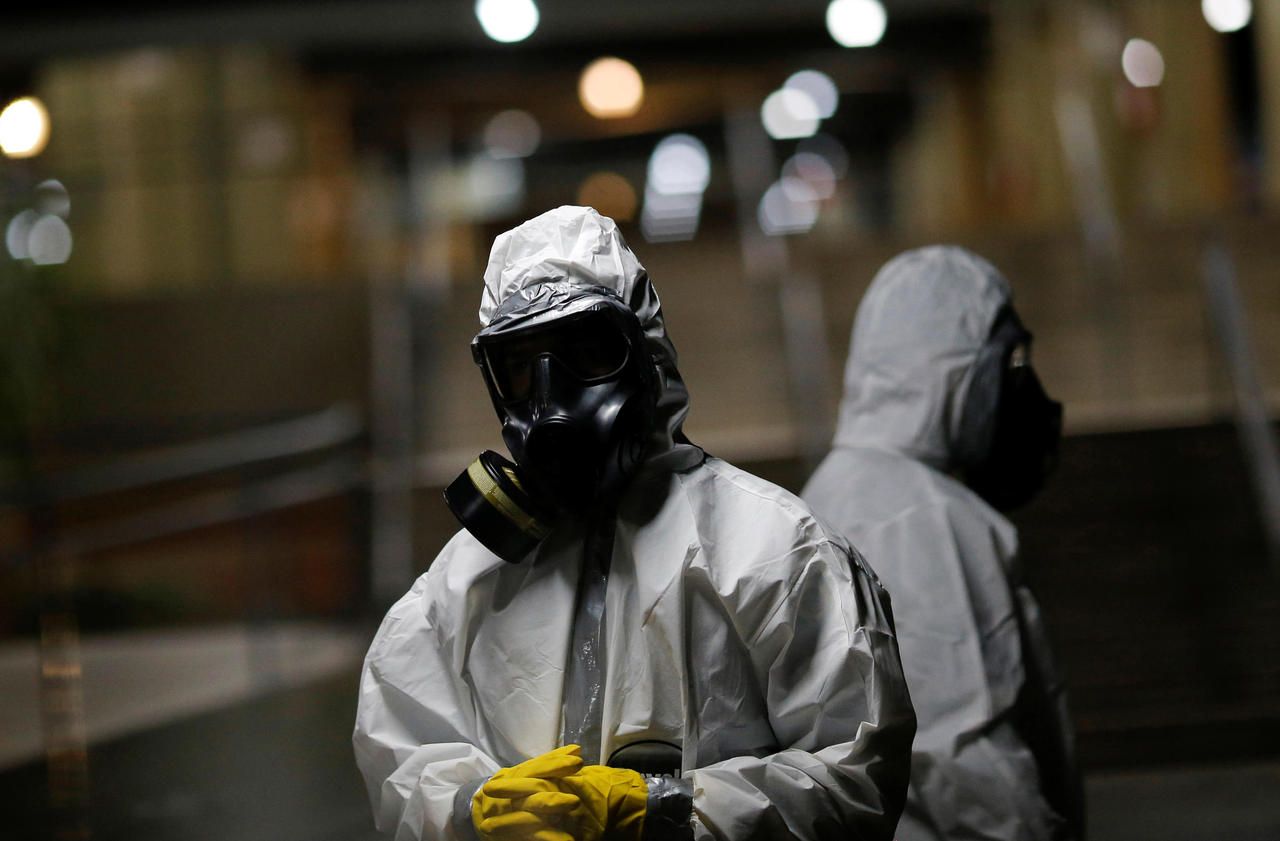Manaus, a city in northeastern Brazil, was considered a Covid-19 martyr city nine months ago.
So much so that a recent study estimates that 76% of its inhabitants now have antibodies.
It is also from this metropolis of more than 2 million inhabitants that the “Brazilian variant”, the latest in a series of developments in SARS-CoV2, which worries the scientific world, would come from.
The World Health Organization (WHO) has urgently called a meeting to look into these strains.
Why do viruses mutate?
Viruses evolve.
Nothing abnormal.
In the case of Covid-19, 12,000 mutations have so far been identified.
The more a virus circulates, the greater the risk of transformation "After a year, a sort of three-way dance takes place between the virus, its receptor on the human cell and the antibodies", describes Olivier Schwartz, director of the virus and immunity unit for the Pasteur Institute.
If some variants attract attention, it is because they have acquired a "selective advantage" which allows them to gain ground.
The English mutation is located on the Spike protein, "the one that acts as a scratch for the virus, allowing it to attach to our cells."
However, this mutation (N501Y) acts as a super scratch would do and makes it more contagious, ”explains Bruno Canard, CNRS research director in Aix-Marseille.
READ ALSO>
Covid-19: at the heart of the Lyon laboratory which tracks the British variant
“The South African and Brazilian variants present a disturbing mutation that could limit our immune responses”, continues the scientist.
For the time being, this danger has been observed by modeling the mutation, not yet on real viruses: "Basic research makes it possible to sound the alarm a little in advance", insists the specialist in molecular architecture.
In this case, will the vaccines still be useful?
"In the laboratory, many teams, including ours, study the mechanism of these mutants," explains Olivier Schwartz.
At this stage, it seems that these virus lines can escape a few antibodies, but probably not the panoply deployed by a patient or a vaccinee, ”he believes.
For François Balloux, director of the Institute of Genetics at University College London, the tropical mutant “rather seems to slightly reduce immune responses”.
A vaccine that is 90-95% effective would remain effective, but 85-90%.
You may still need to consider changing recipes for immunizing products.
“It will not be the end of the world, insists François Balloux.
One could imagine a biennial injection or every three years for the most fragile people.
"
"The Moderna and Pfizer vaccines appear to be effective against the English variant, and fairly quickly adaptable against the South African and Brazilian variants", reports Bruno Canard.
If the WHO is looking into these mutants this Friday, it is also to answer this thorny question: are sera adapted to the variants new vaccines?
Because, if we considered them as such, we would have to repeat the three long test phases from the beginning?

